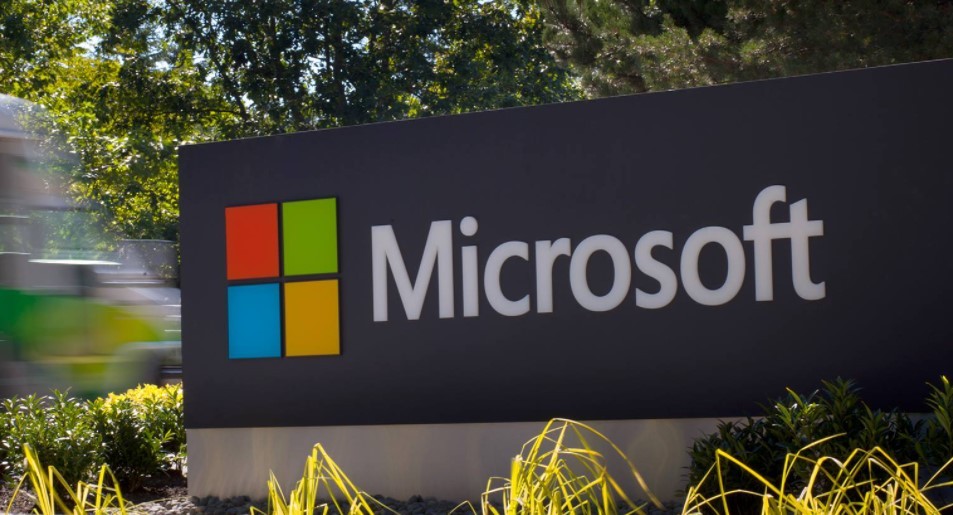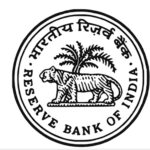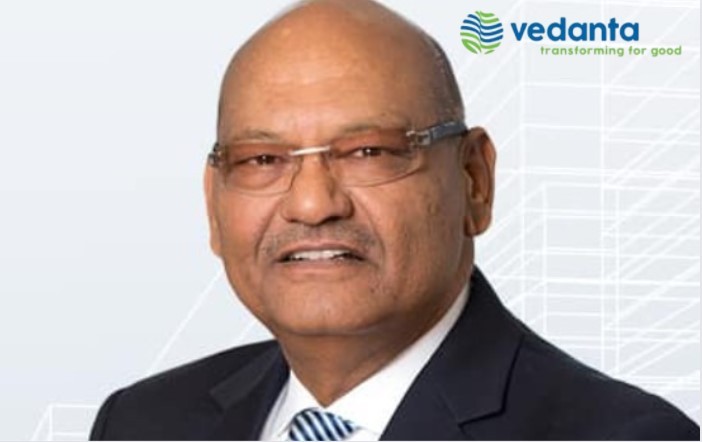Microsoft Buyback buyback plan of $60 billion one of the world’s largest buyback programs ever is worth pondering, especially the timing and what is in store for its shareholders. While, nothing can be of greater interest than such a big corporate action.
Microsoft is a 46-year old software giant headquartered in Washington, US. It has revenue of $160 billion, assets of $300 billion, direct employees of 180,000, one of the most liquid stocks, company with multiple acquisitions, and has been among the most popular global business entities.
Stock buyback programs have been normal at Microsoft but the volumes have been more or less stable at about $20 billion per annum since year 2015. The year 2021 has a different and an interesting story.
MICROSOFT – A CLASSIC EXAMPLE OF A HIGH-PROFIT EARNING YET NON-DIVIDEND PAYING COMPANY
In fact, for long, Microsoft was a classic example of a high-profit earning yet non-dividend paying companies. This example was also used to reason that investors are indifferent between receiving periodical returns in the form of dividends and capital appreciation of the stock.
Microsoft Buyback: Is it timed right as tax on buyback in US is the offing

In spite of having huge cash reserves up to $50 billion and not being able to use the cash for countable acquisitions, until the year 2004, Microsoft has not paid dividend for close to 20 years. For media it was a usual coverage explaining Microsoft’s stand that it was exploring acquisitions for growth and therefore will not pay dividend.
In the year 2004, when the news hinted that US Government may rise the dividend tax from 15% to equal the corporate tax of 35%, the logic behind non payment of dividend by Microsoft was reasoned as a strategy.
Be it the corporate financial strategy or investors’ tolerance, until the year 2004, being a non-dividend paying company Microsoft was never required to pay the 15% dividend tax. It was rumoured that the threat of dividend tax rise to 35% caused Microsoft to start paying dividend in the year 2004.
On the other side, there was also a news that the new US Government may abolish the dividend tax altogether and should that be the case, the 15% dividend tax Microsoft was prepared to pay would be an imprudent expense.
Whatever was the fact, in the year 2004 Microsoft paid dividend coupled with a buyback program totalling distribution of $32 billion to the shareholders and the largest ever in the world until then. Interestingly, the big bang cash distribution by Microsoft did not cause significant rise for Microsoft share prices.
In the second week of September 2021, US Government released its proposal to tax share buybacks in a bid to mobilize funds for its relief programs. As per this proposal, the share buybacks suffer huge tax consuming significant wealth of the companies and of the shareholders. Companies which cannot use their cash reserves for acquisitions will either be in a rush to make sub-optimal acquisitions or will be forced to stock buyback tax or dividend tax, none of which are welcome in corporate finance sense.
As of 2nd week September 2021, Microsoft has a market capitalization of about $2.25 trillion and has cash reserves of about $130 billion.
Going by the recent stock performance where Microsoft shares have appreciated by more than 50%, share buyback program is not required since share buybacks are required only to support a falling share price when its intrinsic value is actually higher.
Sensing the buyback tax burden, Microsoft announced a big bang buyback program of $60 billion without an end date. The additional share price appreciation is hardly 1% even after the news about the buyback program was revealed. This is because the market knew why the buyback program is planned. However, remunerating the shareholders is more important rather than the form in which it is done.
Thus, good or bad, strategy or caution, the big bang buyback program of Microsoft cannot be termed as an imprudent corporate finance action as this plan will reward its shareholders. Interestingly, other behemoths like Apple, Alphabet, etc., are also in the same direction of significant buyback plans.
Dr.Kishore N.K, Guest Editor @thenewsfacts
Disclaimer: The views expressed are personal of the author and not those of the organization he is associated with or this Publication.






